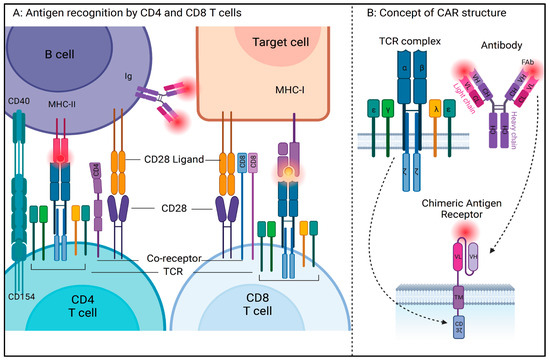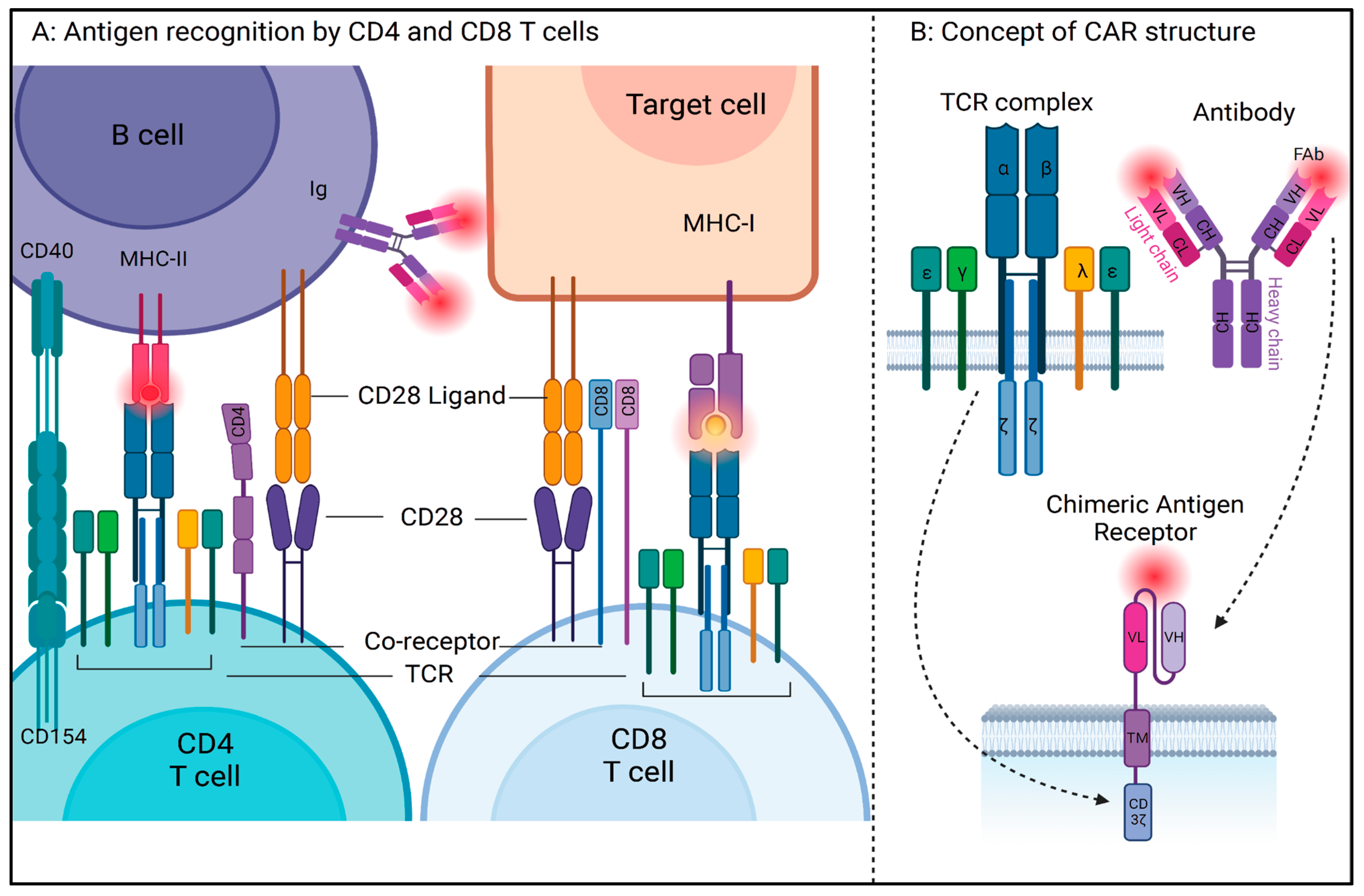Leukemia is a debilitating condition that affects millions of people worldwide. Traditional treatment options for leukemia, such as chemotherapy and radiation, come with numerous side effects and often prove to be ineffective in the long run. However, recent advancements in medical research have given rise to a new targeted therapy known as Gilternib, also referred to as Gilteritinib. In this article, we will explore the potential of this groundbreaking drug in the treatment of leukemia.
The Mechanism of Action
Gilternib is a tyrosine kinase inhibitor (TKI) that specifically targets and inhibits the FLT3 mutations commonly found in acute myeloid leukemia (AML) patients. FLT3 mutations are known to contribute to the growth and proliferation of leukemia cells. By targeting this specific genetic abnormality, Gilternib aims to halt the progression of the disease and improve patient outcomes.
Effectiveness in Clinical Trials
Clinical trials have shown promising results regarding the effectiveness of Gilternib in treating AML. In a phase III study, patients receiving Gilternib demonstrated a significantly higher overall survival rate compared to those receiving standard chemotherapy. The drug was found to be particularly effective in patients with the FLT3-ITD mutation, the most common FLT3 mutation in AML patients. The study also revealed a higher rate of complete remission with Gilternib treatment.
Furthermore, Gilternib has shown efficacy in relapsed or refractory cases where traditional treatment options have failed. Patients who had already undergone multiple rounds of chemotherapy and experienced disease relapse responded well to Gilternib, indicating its potential as a salvage treatment option.
Adverse Effects
As with any medication, Gilternib does come with potential side effects. The most commonly reported adverse reactions include diarrhea, fatigue, elevated liver enzymes, and myalgia. However, it is important to note that these side effects are generally manageable and temporary, and the benefits of Gilternib outweigh the risks in most cases.

Credit: www.mdpi.com
The Future of Gilternib
The introduction of Gilternib as a targeted therapy for AML represents a significant step forward in leukemia treatment. Its ability to specifically target the FLT3 mutations gives it an edge over traditional chemotherapy, which often affects healthy cells along with cancerous ones. With ongoing research and development, we can expect to see further advancements in Gilternib and other targeted therapies.
It is important to consult with a healthcare professional for a comprehensive evaluation and personalized treatment plan. Only a qualified doctor can determine the most suitable treatment options for each patient based on their medical history, overall health, and specific genetic mutations.

Credit: www.mdpi.com
Frequently Asked Questions On Gilternib/gilteritinib : Unlock The Power Of Targeted Therapy
What Is Gilternib Used For?
Gilternib, also known as Gilteritinib, is used to treat acute myeloid leukemia (AML) in adult patients.
How Does Gilternib Work?
Gilternib works by inhibiting certain enzymes, which in turn helps to stop the growth and spread of cancer cells.
What Are The Common Side Effects Of Gilternib?
Common side effects of Gilternib may include nausea, diarrhea, fatigue, and abnormal liver function tests. Always consult your doctor for more information.
Conclusion
Gilternib, or Gilteritinib, is an innovative targeted therapy for the treatment of leukemia, specifically AML patients with FLT3 mutations. Through its mechanism of action, it inhibits the abnormal growth and proliferation of leukemia cells, improving overall survival rates and achieving complete remission. Although there are potential side effects, the benefits of Gilternib are evident, particularly in relapsed or refractory cases. As research continues, targeted therapies like Gilternib offer hope for patients battling leukemia, revolutionizing treatment approaches and improving quality of life.

